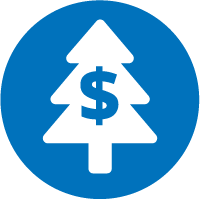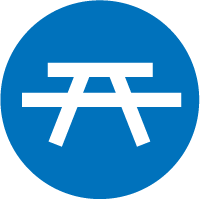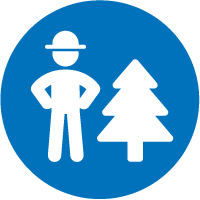Forestry
Timber Sale Advisory Committee
This committee serves in an advisory capacity to the Board of County Commissioners (BCC) on County Forest Program timber sales. The committee reviews timber plans, hears public comments and makes recommendations to the BCC. Meetings are held periodically to review proposed timber sales.
Committee members
- Brent Keller, Chair
- Bill Avison
- Daniel Green
- Louise Lopes
- Eric Pfeiffer-Robinson
- Margorie Stewart
Forest Advisory Board
This board actively participates in providing technical guidance to the Forest Management program staff in forest management and harvest activities, timber land sales and purchases, and stand improvement activities, along with review of public input related to proposed activities.

$844,000 Supported revenue in timber sales

$400,000 Generated to support County Parks

Advocated for Forestry landholding expansion to support sustainability
Our Members
- Brent Keller, Chair
- Dan Green
- Molly McKnight
- Mark Rasmussen
- William Street
At a glance...
Resources
Forest Recreational Use Policy
Day use activities
You are welcome to hike, fish, pick mushrooms and berries for personal use, picnic and generally enjoy the forest during daylight hours only. Be careful. Use the property at your own risk. Please do not trespass on our neighbors. You are responsible for knowing where you are.
Prohibited activities
- No motorized vehicles (including ATVs and OHVs) are allowed. ORD 6.06.11.06
- Do not block gates or you may be towed at your expense. ORD 6.06.11.04
- No discharging of firearms. ORD 6.06.06.2
- No hunting. ORD 6.06.06.2
- Do not cut trees — either standing or down.
- Do not cut firewood or remove vegetation. ORD 6.60.08.02
- All fires are prohibited on county forest property. ORD 6.06.05.01
- No dumping or littering. ORD 6.06.12.02
- Stay clear of active logging areas and all equipment.
- No use is allowed after dark. ORD 6.06.13.01
Violators will be prosecuted.
 Translate
Translate





